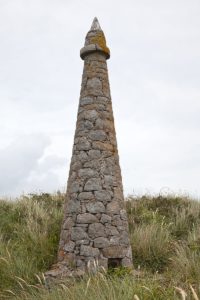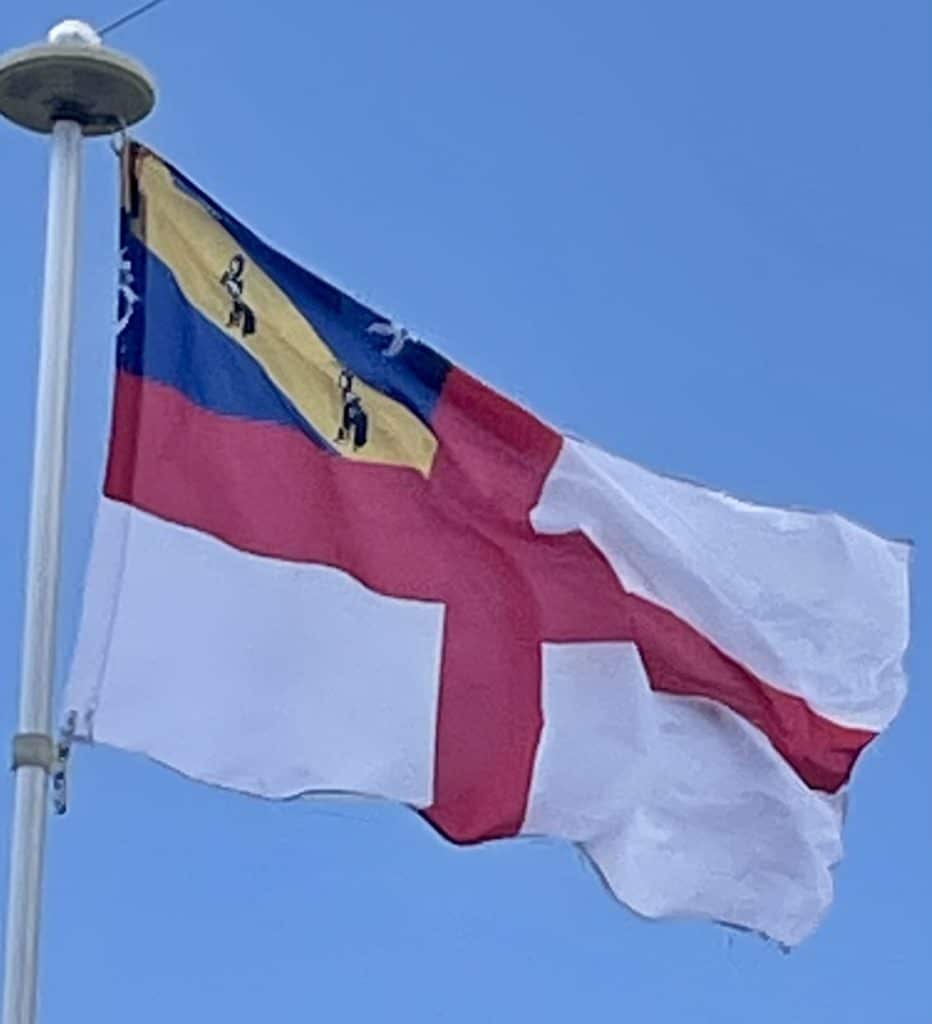Compton Mackenzie, an English-born Scottish novelist, acquired the tenancy in 1920. He recalled that his three years there had numerous logistical problems. It has been suggested that Mackenzie was the basis for the character Mr Cathcart in D.H. Lawrence‘s The Man who Loved Islands, about a man who moved to ever smaller islands much as Mackenzie moved from Herm to the smaller Jethou, but Lawrence himself denied it.

The German occupation of the Channel Islands during the Second World War essentially by-passed Herm. The island was claimed on 20 July 1940 by the Third Reich, a few weeks after the arrival of German troops in Guernsey and Jersey, German soldiers landed on the island to shoot a propaganda film, The Invasion of the Isle of Wight. Herm’s sandy beaches were soon used for practicing landings from barges, in preparation for the invasion of England, but otherwise the island saw little of the Germans beyond officers making trips to shoot rabbits. Herm had only a little German construction during the war; a flak battery was placed on the island for a few weeks, and mines were placed in an area. Occasionally German soldiers would travel to Herm to cut wood for fuel.
Operation Huckaback[edit]
Operation Huckaback was a British Second World War military operation that was originally designed to be a raid on Herm, Jethou and Brecqhou, but instead became only a raid on Herm undertaken on the night of 27 February 1943, following an earlier attempt that had been aborted. Ten men of the Small Scale Raiding Force and No. 4 Commando under Captain Patrick Anthony Porteous VC landed 200 yards to the north-west of Selle Rocque on a shingle beach and made several unsuccessful attempts to climb the cliff in front of them. Porteous finally managed to climb up the bed of a stream and pulled the others up with a rope. They later reported that they had found no sign of any Islanders or Germans (who were supposed to be billeted near the harbour). They had failed to make contact with the few civilians on the island whose duties included looking after the sheep.
Since 1945:
In 1949, the States of Guernsey bought Herm from the Crown because of the “unspoilt island idyll that could be enjoyed by locals and tourists alike”. One of the island’s most influential tenants was Major Peter Wood, who looked after the island from 1949 to 1980 with his wife. The island was run down when he arrived, with the manor hidden in undergrowth, the windows and roofs of the houses having been blown off by a sea mine drifting into the harbor shortly after their arrival, but they created a school, and restored St Tugual’s Chapel. Major Wood’s daughter Pennie Wood Heyworth and her husband Adrian succeeded them; Major Wood died in 1998. Their early efforts are recorded in Herm, Our Island Home, written by Major Wood’s wife Jenny Wood.
On 17 May 2008, the BBC reported that the tenants had put the remaining 40 years of their lease up for sale, with an asking price of £15,000,000. Within four days, there were over 50 potential buyers. In September 2008 it was announced that Starboard Settlement, a trust, had acquired the remainder of the lease for considerably less than the asking price. The trust formed a company based in Guernsey, Herm Island Ltd, to manage the island for the trustees.

